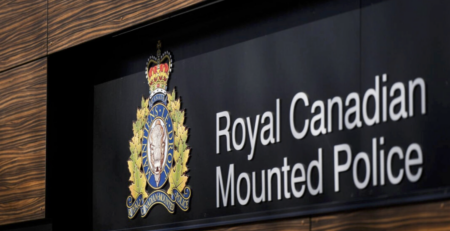The Justice Centre today responded to the report released by the Parliamentary Standing Committee on Justice and Human Rights concluding its study into “online hate” in Canada. The Standing Committee opened this study following the Christchurch shootings in New Zealand that killed 51 people.
When testifying before this Standing Committee on May 16, 2019, Justice Centre Litigation Director Jay Cameron challenged Members of Parliament to define online “hate.” In its report the Standing Committee recommended that the Government of Canada “formulate a definition of what constitutes ‘hate’ or ‘hatred’ that is consistent with Supreme Court of Canada jurisprudence.” The Standing Committee went on to recommend that “this definition acknowledges persons who are disproportionately targeted by hate speech including but not limited to racial, Indigenous, ethnic, linguistic, sexual orientation, gender identity, and religious groups.”
In June, the Justice Centre’s Campus Free Speech Fellow, Lindsay Shepherd, provided insight to the Committee based on the unique experiences she gained during her time in university. Lindsay, who has an M.A. in Cultural Analysis and Social Theory from Wilfrid Laurier University, became well known in Canada and abroad after she was subjected to intimidation and reprimands by her professors for having shown her pupils a segment of a television debate about gender neutral pronouns featuring Dr. Jordan B. Peterson. Lindsay urged Committee members not to bring back section 13 of the Canadian Human Rights Act, which was abused by complainants to subject Maclean’s magazine to human rights proceedings
In its report, the Committee recommended:
That the Government of Canada develop a working group comprised of relevant stakeholders to establish a civil remedy for those who assert that their human rights have been violated under the Canadian Human Rights Act, irrespective of whether that violation happens online, in person, or in traditional print format. This remedy could take the form of reinstating the former section 13 of the Canadian Human Rights Act, or implementing a provision analogous to the previous section 13 within the Canadian Human Rights Act, which accounts for the prevalence of hatred on social media.
The Justice Centre also prepared a report to benefit parliamentarians (and the public) as they examine the issue of “online hate” in Canada. This report, “Hate or Disagreement? Respecting Charter-protected freedom of expression in a digital world,” implores parliamentarians to tread carefully when redefining the line between Criminal hatred and free expression:
In order to preserve Canada’s liberal democracy, federal and provincial governments must pay closer attention to their constitutional obligations. The intent to protect the constitutional right of freedom of expression must begin to be “fundamental” to governments, not an afterthought, or an inconvenience.
The Committee has largely or entirely ignored the voices raised in opposition and warning, and made almost no mention or response to the concerns those persons raised in their testimonies. The majority’s report is very one-sided.
It takes strong political spine to campaign for free expression protected by the Charter. It means standing for the right of people to speak, believe, and associate on views which the majority may disagree with.










